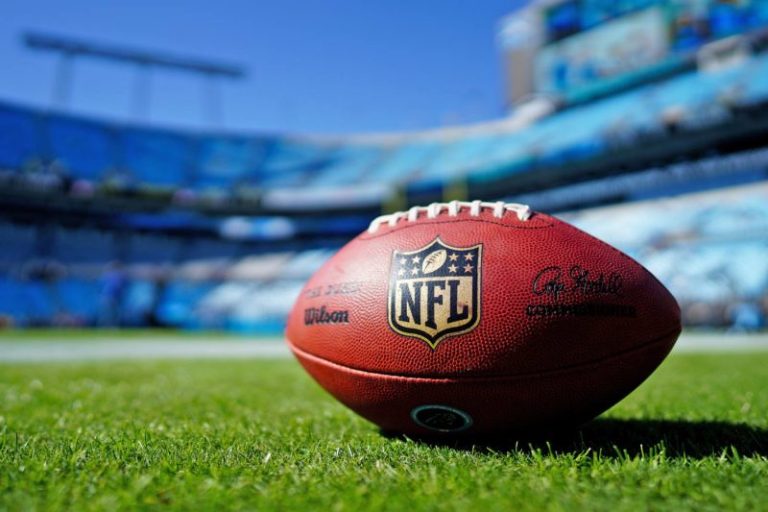The recent decision by NFL owners to approve private equity investment in the league has sparked a mix of excitement and controversy within the sports world. This move opens up new opportunities for financial growth and innovation but also raises concerns about potential conflicts of interest and the long-term implications for the integrity of the game.
Private equity firms are known for their aggressive and strategic approach to investment, often looking for ways to maximize returns on their capital. By allowing such entities to have a stake in NFL teams, the league could see a significant influx of capital that could be used to fund various initiatives, such as stadium upgrades, player development programs, and international expansion.
This injection of funds could help NFL teams remain competitive in an increasingly saturated sports market and attract top talent. It could also pave the way for new revenue streams and partnerships that could benefit both the league and its fans.
However, the involvement of private equity firms raises valid concerns about the potential for conflicts of interest and the prioritization of profit over the well-being of the sport. Critics argue that these firms may push for short-term gains at the expense of the long-term health of the league, potentially leading to decisions that prioritize financial returns over the integrity of the game.
There are also concerns about transparency and accountability, as private equity firms are known for their secretive nature and limited disclosure requirements. This lack of transparency could create challenges in ensuring that decisions made by these firms align with the best interests of the league, its teams, and its fans.
Despite these potential drawbacks, the approval of private equity investment in the NFL represents a significant milestone in the evolution of the league and the sports industry as a whole. It highlights the growing importance of financial innovation and strategic partnerships in the world of sports and opens up new possibilities for growth and development.
As the NFL moves forward with its plans to incorporate private equity investment, it will be important for the league to carefully consider the potential risks and benefits of this decision and to establish clear guidelines and safeguards to protect the integrity of the game. By striking a balance between financial considerations and the core values of the sport, the NFL can navigate this new chapter with confidence and continue to thrive in an ever-changing sports landscape.



